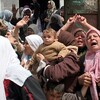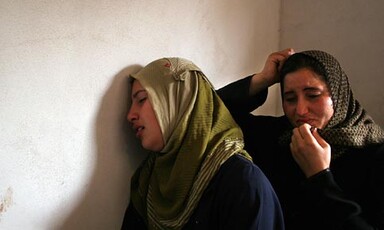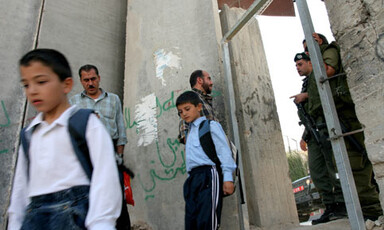
Weekly report on human rights violations
12 April 2006
This week, Israeli forces killed 19 Palestinians, including three children. Ten of them, including a man, his child and two brothers were killed in an extrajudicial execution. At least 94 Palestinians, including 32 children were wounded by Israeli gunfire. Israel continued to shell Palestinian areas in the Gaza Strip, particularly the northern area. Israeli forces conducted 27 incursions into Palestinian communities in the West Bank, concentrated mainly in Nablus. At least 70 Palestinians, including five children and a girl, were arrested by Israel, while seven Palestinian homes were turned into military posts. Israeli forces busted into al-Ahli hospital in Hebron and arrested injured Palestinians. Israel continued to impose a total siege on the occupied Palestinian territories. Read more about Weekly report on human rights violations








